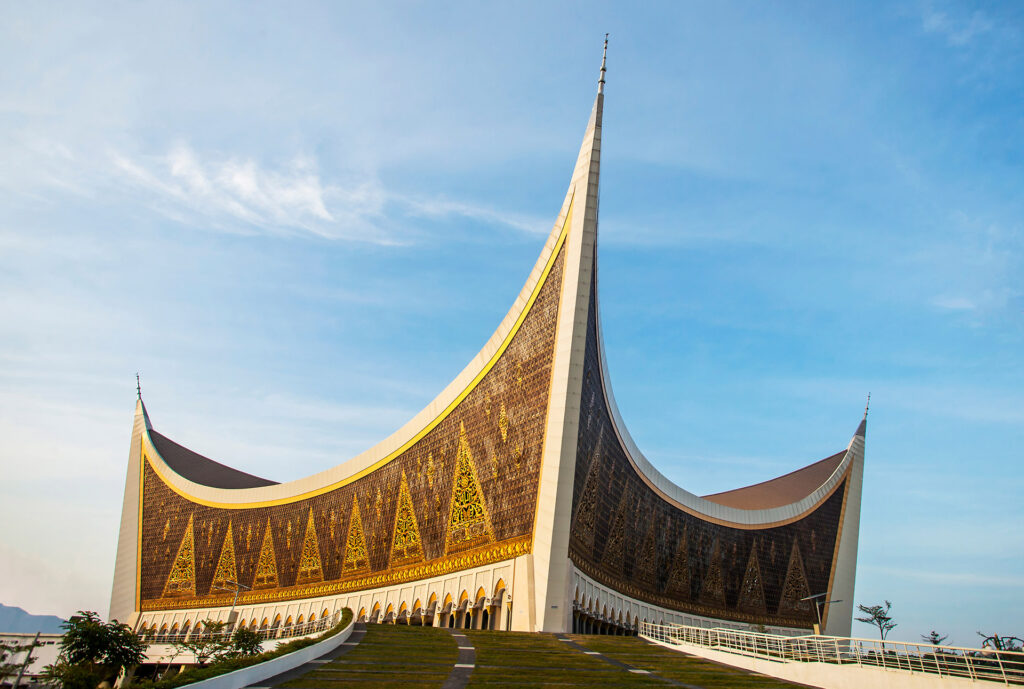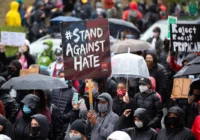Observers in the West could be forgiven for wondering how Turkey’s newly re-elected president, Recep Tayyip Erdogan, won again. Given the portrayal of these elections in much of the Western media, you could assume the only explanation is corruption.
Nevertheless, the turnout for the Turkish elections was high, higher than turnouts are in most Western democratic states. Turnouts in dictatorships across the region are pitifully low, caused no doubt by apathy due to the lack of any real choice—unless, of course, they are the fanciful “99.9% support” type of turnout.
Despite this, coverage of these elections has portrayed them as a contest between a dictator (as Erdogan has been described time and again) against a democrat. Opposition presidential candidate Kemal Kilicdaroglu was painted as a humble civil servant who had risen to take on the strongman in a David versus Goliath political moment.
A working-class hero
It matters that Kilicdaroglu was not an emergent democratic grassroots candidate, but the predictable consensus candidate of a broad six-party opposition alliance. He has been the leader of the main opposition Peoples’ Republican Party (CHP) for 13 years. In that time, he has consistently lost at the ballot box to Erdogan.
The now casual and commonplace description of Erdogan as a dictator in Western media also misses another key point. Unlike most real dictators, who tend to be opportunist ex-military figures, or career politicians who are often scions of influential families, Erdogan is the real deal, and his supporters know it. He rose from humble origins in Istanbul’s Kasimpasa neighborhood. He is in many ways unpolished. He is also sincere in his religious faith. His working-class roots and his understanding of how this constituency thinks—because he thinks like them—provide Erdogan an authenticity that you cannot simply manufacture.
All the onions and kitchen sinks in Turkey cannot obscure the fact that Erdogan is the figurehead for a constituency that was systemically disenfranchised for much of the modern Republic’s history. This is at the root of his enduring appeal. It is a populist appeal, but it is no less real for that.
Erdogan has made his life’s work the restoration of the dignity of a class of Turkish society that has felt marginalized and scorned by elites since at least the foundation of the modern republic, and arguably since the rise of westernizing reformist governments in the final years of the Ottoman Empire.
In the pre-Erdogan era (and for a long time after it had begun), women who chose to wear a headscarf could not get an education or work for the public sector. Consider that fact for a moment. Women can wear headscarves to school or work in most secular Western states, and yet a state often viewed as Islamic by outsiders outlawed it.
For his constituency, Erdogan’s tenure has been a very real revolution in their life circumstances. These core changes are important. The average voter sets them against the more recent economic pain. They weigh the two. Basic goods have become painfully expensive, but recently gained political freedoms are also precious. These are fundamental political considerations.
A popular, but not invincible, leader
Erdogan has made big mistakes. The economy is reeling from ill-judged policies and nepotism. The swing to nationalist policies and hardline confrontation with Kurds in the wake of the coup attempt of 2016 has brought with it intractable problems internally and externally for Turkey. The president’s post-coup paranoia of real or invisible enemies has made many old friends in his Justice and Development Party (AKP) lose faith with him, and his authoritarian style has alienated key Islamist figures who would make his government stronger.
When you consider all this, it is testament to the well of goodwill he is able to draw from that he still won fairly comfortably. However, it is easy to ascribe too much of the credit for Erdogan’s success to his own charisma and political know-how. Much of the cause of the result of this election was also of the opposition’s own making.
If the opposition alliance had really committed to challenging Erdogan, they should have found someone who didn’t require Erdogan’s core constituency to betray the legacy of what Erdogan has built. The leader of the CHP was never going to be that figure.
A clear majority in Turkish society does not want a return to a Western-backed secular nationalist elite, as exists in much of the Arab world and did exist for most of the history of the Turkish republic. Erdogan has made another path possible. His tenure is far from fully successful, but for him to be usurped, he needs to be beaten on his own terms.
The person to do so has not appeared, or, at any rate, not been chosen to run as a candidate against him. As has been repeated by much of the media, even a CHP candidate such as Istanbul mayor Ekrem Imamoglu would have been a much more serious challenge, given his significant appeal with voters.
But to be genuinely successful at cutting into the AKP vote, an opposition candidate would have to reflect more of the conservative opposition to Erdogan, which did exist in the six-party alliance. This alliance included Meral Aksener’s Iyi Party, Ali Babacan’s Democracy and Progress Party (DEVA) and Ahmet Davutoglu’s Future Party (GP).
In Babacan and Davutoglu, the alliance had two party leaders who were former members of the ruling AKP and former cabinet ministers. If they had led the opposition platform, that would have asked much more uncomfortable questions of the Erdogan campaign. As it was, the old lines of political and social loyalty were relatively undisrupted.
What will Erdogan leave to history?
The opposition must now reflect on the reality Erdogan has created and the need to realign their approach in the hope of denting Erdogan’s appeal. The president himself, however, has an opportunity. He is in his final term as president and has the chance to cement a legacy.
In appointing Mehmet Simsek as his new finance minister, he is making one clear signal in that direction. He knows that economic stability built AKP success in the 2000s. It nearly undid them in the 2020s. He needs to stabilize the currency to continue the prosperity that he has offered his constituency.
The other element is perhaps harder, but carries an even greater prize. It is the Kurdish question, Turkey’s eternal question.
Ironically, Erdogan’s revolution, for all its significance, has followed many of the trends long established by secular elites in Turkey. When his back was to the wall in the aftermath of the 2016 coup attempt, Erdogan turned to the hardline nationalists of the Nationalist Movement Party (MHP) for support. In so doing, he undid any attempt to solve the Kurdish question through political dialogue. The resulting mess has festered within Turkey and has had high costs for the nation’s position in the region, leading to policy choices in Syria and Iraq that do not necessarily benefit Turkey in the long term.
In the wake of another victory, could this be the moment that an Erdogan now beyond the need for reelection takes on the role of a Father of the Nation, in much the way that Ataturk once did, and offers the ultimate magnanimous gesture? Could he find a political settlement to the Kurdish question that he might force through with his political capital?
If he did so, he could change the geopolitical dynamics of the region fundamentally, offering Turkey a vision of a foreign and domestic policy based not on anxiety and defense, but on economic and social opportunity. That might be the catalyst for an even more successful future than anyone could have imagined today.
[Anton Schauble edited this piece.]
The views expressed in this article are the author’s own and do not necessarily reflect Fair Observer’s editorial policy.
Support Fair Observer
We rely on your support for our independence, diversity and quality.
For more than 10 years, Fair Observer has been free, fair and independent. No billionaire owns us, no advertisers control us. We are a reader-supported nonprofit. Unlike many other publications, we keep our content free for readers regardless of where they live or whether they can afford to pay. We have no paywalls and no ads.
In the post-truth era of fake news, echo chambers and filter bubbles, we publish a plurality of perspectives from around the world. Anyone can publish with us, but everyone goes through a rigorous editorial process. So, you get fact-checked, well-reasoned content instead of noise.
We publish 2,500+ voices from 90+ countries. We also conduct education and training programs
on subjects ranging from digital media and journalism to writing and critical thinking. This
doesn’t come cheap. Servers, editors, trainers and web developers cost
money.
Please consider supporting us on a regular basis as a recurring donor or a
sustaining member.
Will you support FO’s journalism?
We rely on your support for our independence, diversity and quality.









Comment